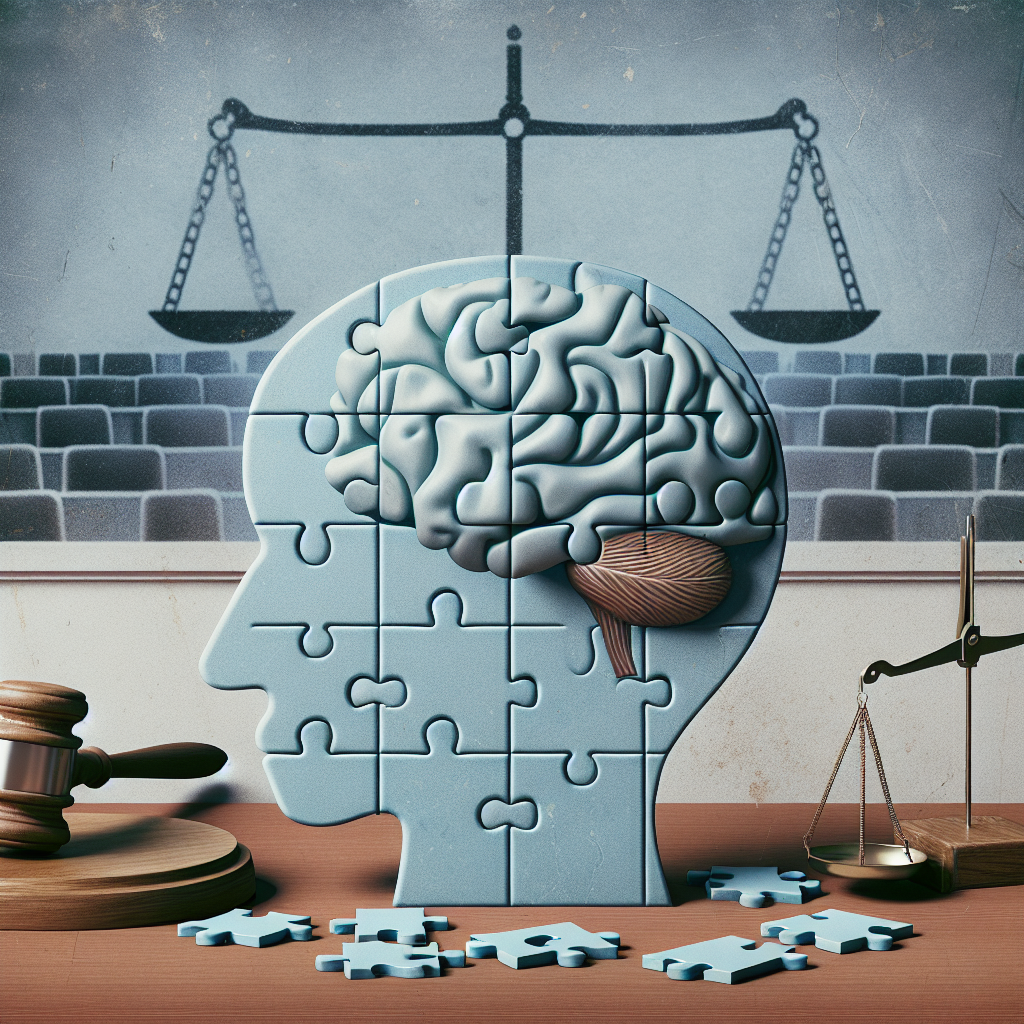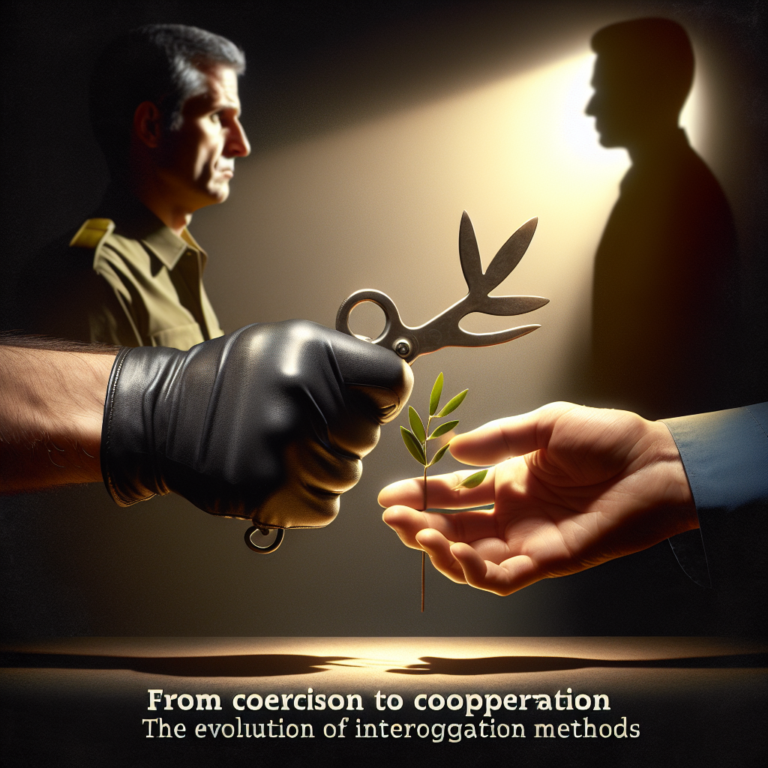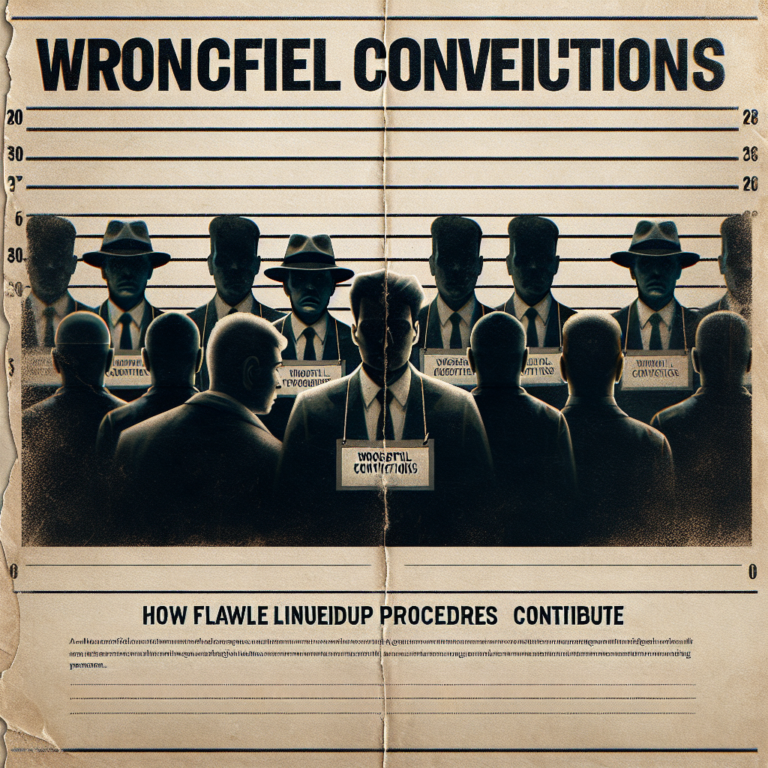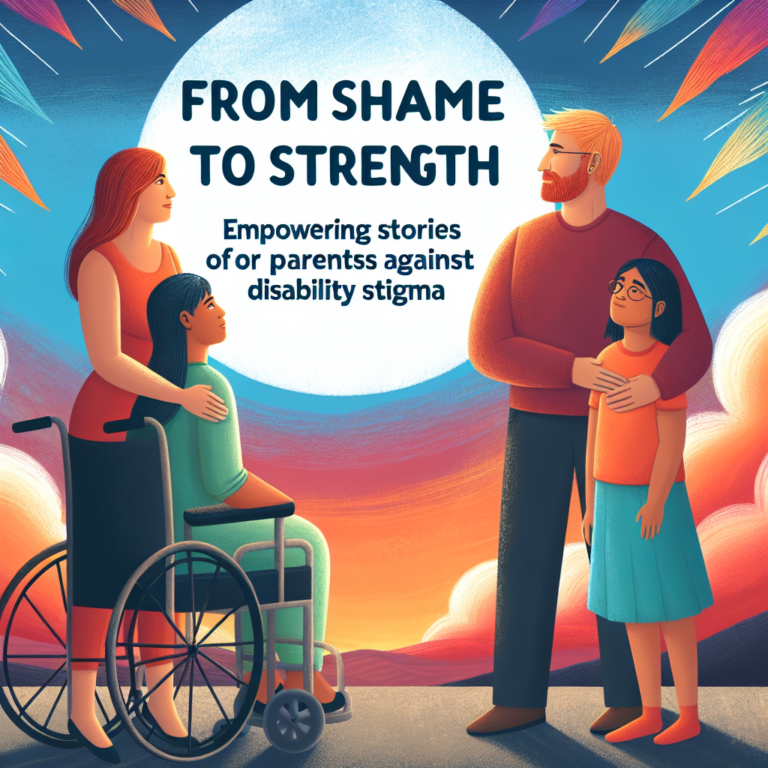
Introduction
Imagine a courtroom bustling with tension and uncertainty, where the fate of an individual hangs in the balance. The complexities of human thought and behavior often converge in these settings, dramatically altering lives. At the heart of this intricate narrative lies the critical concept of Reconstructing Minds: Forensic Assessment in Cases of Mental Health. This essential process not only aids in deciphering the psychological state of individuals involved in legal matters but also shapes the very essence of justice.
Understanding the delicate interplay of psychology and law is paramount in today’s world, where mental health issues are frequently at the forefront of criminal cases. As legal systems grapple with the nuanced demands of mental health assessments, the significance of accurate and insightful forensic evaluations cannot be overstated. In this exploration, we will delve deeply into the methodologies, implications, and emerging trends involved in reconstructing minds through forensic assessment in mental health cases.
The Foundation of Forensic Assessment
What is Forensic Assessment?
Forensic assessment in mental health marries psychological evaluation with legal implications. It serves as a nexus where mental health professionals analyze an individual’s psychological state to provide insights into their behavior, motivations, and mental capacity. This multifaceted process typically involves psychological testing, clinical interviews, and collateral information gathering from various sources.
The Goals of Forensic Assessment
The primary objectives of forensic assessment include:
- Evaluating Competency: Determining an individual’s competency to stand trial or make legal decisions.
- Insanity Defense Evaluation: Assessing mental states at the time of the offense to explore the possibility of an insanity plea.
- Risk Assessment: Identifying the likelihood of future violence or recidivism.
- Sentencing Recommendations: Offering insights that may influence a judge’s sentencing decision.
By focusing on these goals, forensic assessments aim to uphold justice while promoting fairness and understanding within the legal system.
Methodologies in Forensic Assessment
Tools of the Trade
Forensic psychologists employ various tools and techniques to reconstruct minds during assessments. Here are common methodologies used:
Clinical Interviews: A structured or semi-structured interview enables the evaluator to gather comprehensive information about the individual’s mental health history and current functioning.
Psychological Testing: Standardized tests like the MMPI-2 (Minnesota Multiphasic Personality Inventory) or the PAI (Personality Assessment Inventory) are often used for objective measurement of personality traits and psychopathology.
Collateral Sources: Information from family, physicians, and previous treatment records can provide additional context for the assessment.
- Behavioral Observations: Observing behavior in various settings can reveal discrepancies between self-reported experiences and actual functioning.
Case Study: The Insanity Defense
No discussion on Reconstructing Minds: Forensic Assessment in Cases of Mental Health can disregard the infamous case of John W. Hinckley Jr., who attempted to assassinate President Ronald Reagan in 1981. Hinckley’s subsequent trial became a pivotal moment in the mental health field and law.
Analysis:
Hinckley’s defense hinged on the argument that he was experiencing severe mental illness and did not understand the nature of his actions. The forensic assessment involved a thorough examination of his mental health history, interviews with his family, and psychological testing, ultimately leading to his verdict of Not Guilty by Reason of Insanity (NGRI). This case highlights how forensic assessment can dramatically influence the legal outcome and reflects the critical responsibility of mental health professionals in the justice system.
The Importance of Accurate Forensic Assessments
Ethical Considerations
Performing a forensic assessment is laden with ethical responsibilities. The evaluator must ensure:
- Confidentiality: Protecting the individual’s privacy while balancing the legal expectations for disclosure.
- Informed Consent: Ensuring the individual understands the assessment’s purpose and potential implications.
- Impartiality: Evaluators must avoid biases, presenting findings based purely on objective data.
Failure to adhere to these ethical standards can lead to significant legal repercussions and undermine the integrity of both the psychological and legal systems.
Understanding the Consequences of Inaccurate Assessments
Inaccurate forensic assessments can lead to disastrous outcomes, including wrongful convictions or unjust sentences. A lack of understanding or misinterpretation of an individual’s mental health condition can distort the judicial process, ultimately impacting lives irreversibly.
Emerging Trends in Forensic Assessment
The Role of Technology
The digital age is reshaping the landscape of Reconstructing Minds: Forensic Assessment in Cases of Mental Health. Advanced assessment tools utilize artificial intelligence (AI) and machine learning, enhancing the accuracy of psychological evaluations. These technologies can analyze vast datasets, revealing patterns and insights that may not be immediately apparent to human evaluators.
The Integration of Trauma-Informed Care
As awareness of trauma’s impact on mental health grows, integrating trauma-informed practices into forensic assessments has become increasingly important. Understanding that an individual’s behavior may be rooted in past trauma promotes a more compassionate and holistic approach to evaluation.
Multidisciplinary Collaboration
Today, forensic assessments increasingly demand collaboration among various professionals, including lawyers, social workers, and law enforcement. Such teamwork ensures well-rounded perspectives during evaluations, enhancing the thoroughness and accuracy of the findings.
Conclusion
Reconstructing minds through forensic assessment in mental health cases is a profound responsibility laden with complexity and significance. By delving into the methodologies, ethical considerations, and emerging trends, we gain a comprehensive understanding of how mental health intersects with justice. As mental health continues to evolve within the legal framework, professionals must remain vigilant and adaptive, embracing innovative approaches that uphold the integrity of both fields.
Ultimately, the insights gleaned from forensic assessments not only aid the justice system but also push societal understanding of mental health issues forward. We must strive to ensure that every evaluation is a step towards compassion, understanding, and justice.
FAQs
1. What is the primary purpose of a forensic assessment?
The primary purpose is to evaluate an individual’s mental health in the context of legal matters, helping to determine competency, sanity at the time of the crime, risk of future violence, and appropriate sentencing recommendations.
2. How does an evaluator ensure objectivity in forensic assessment?
Evaluators ensure objectivity by using standardized tests, structured interviews, adhering to ethical guidelines, and incorporating multiple sources of data, including collateral information.
3. Can technology enhance the accuracy of forensic assessments?
Yes, advancements in technology, including AI and machine learning, can analyze extensive data sets, providing deeper insights and improving assessment accuracy.
4. What are the ethical responsibilities of forensic psychologists?
Forensic psychologists must ensure confidentiality, obtain informed consent, and remain impartial throughout the assessment process to uphold the integrity of their evaluations.
5. What trends are shaping the future of forensic assessments?
Emerging trends include the integration of trauma-informed care, multidisciplinary collaboration, and the use of advanced technologies optimizing assessment approaches.
In exploring the intricate domain of Reconstructing Minds: Forensic Assessment in Cases of Mental Health, we uncover the profound implications these evaluations have on individuals and the legal system at large. As we continue to evolve our understanding of human behavior, may we approach justice and mental health with empathy, insight, and rigor.











